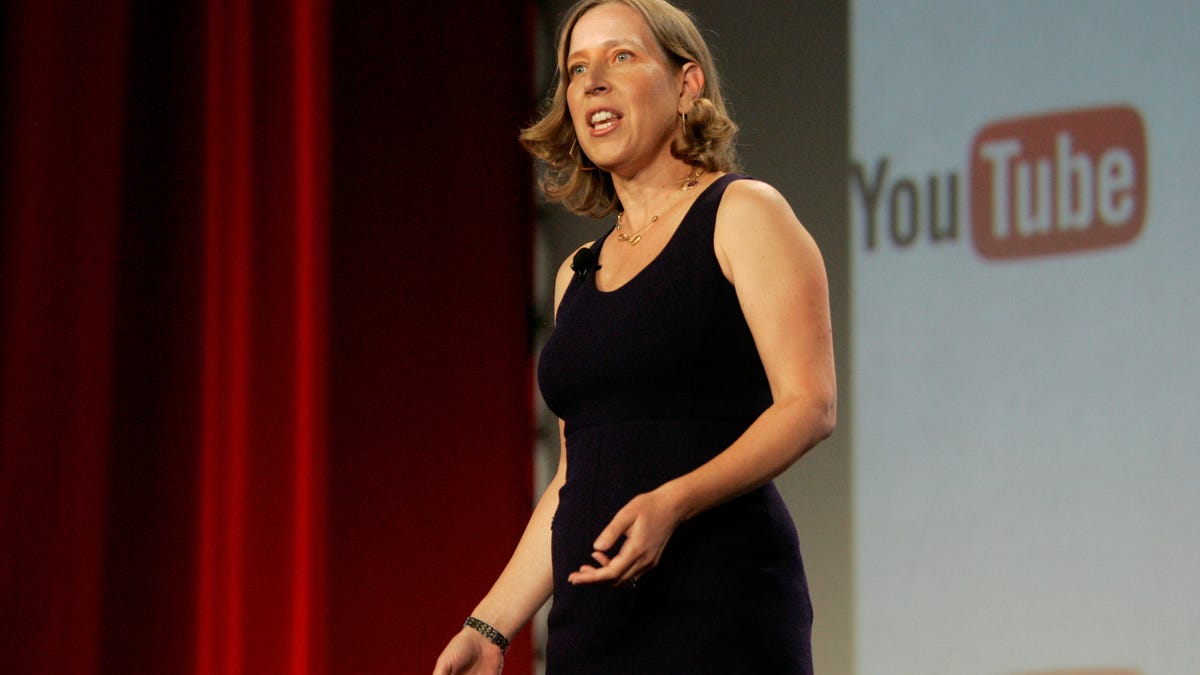YouTube CEO asks creators to ‘take action’ against EU copyright law
Susan Wojcicki protests the controversial Article 13 in Europe.

YouTube CEO Susan Wojcicki tried to rally YouTube creators against the EU's copyright rule.
YouTube CEO Susan Wojcicki on Monday spoke out against a proposed copyright law in Europe, and she appealed to content creators on the platform to take the lead in the protest.
The legislation, Article 13 of the EU's Directive on Copyright, would impose tougher regulations on platforms like YouTube, Facebook and Twitter to make sure they aren't in violation of copyrights. Critics of Article 13 say the rule could stifle creative on the internet, especially when memes often rely on the intellectual property of others.
"This legislation poses a threat to both your livelihood and your ability to share your voice with the world," Wojcicki wrote in a blog post. "And, if implemented as proposed, Article 13 threatens hundreds of thousands of jobs, European creators, businesses, artists and everyone they employ."
She added, "Please take a moment to learn more about how it could affect your channel and take action immediately." She also asked creators to protest using the hashtag #SaveYourInternet.
Wojcicki mentioned that Google, which owns YouTube, has already built software called ContentID, which seeks to identify videos with copyrighted material.
The proposed legislation comes as YouTube, which was bought by Google in 2006, is already facing other challenges like misinformation, objectionable content aimed at minors and election interference.
Last week, Wojcicki said at the Wired 25 summit that YouTube's recent woes are part of the company's "growing up years."
"We used to have to argue we're important, we're relevant," she said. "The world changed really quickly [to] we do believe you, you do have a lot of views. Now what are you going to do with that" and how will you act responsibly with that power?"
Infowars and Silicon Valley: Everything you need to know about the tech industry's free speech debate.
Cambridge Analytica: Everything you need to know about Facebook's data mining scandal.

